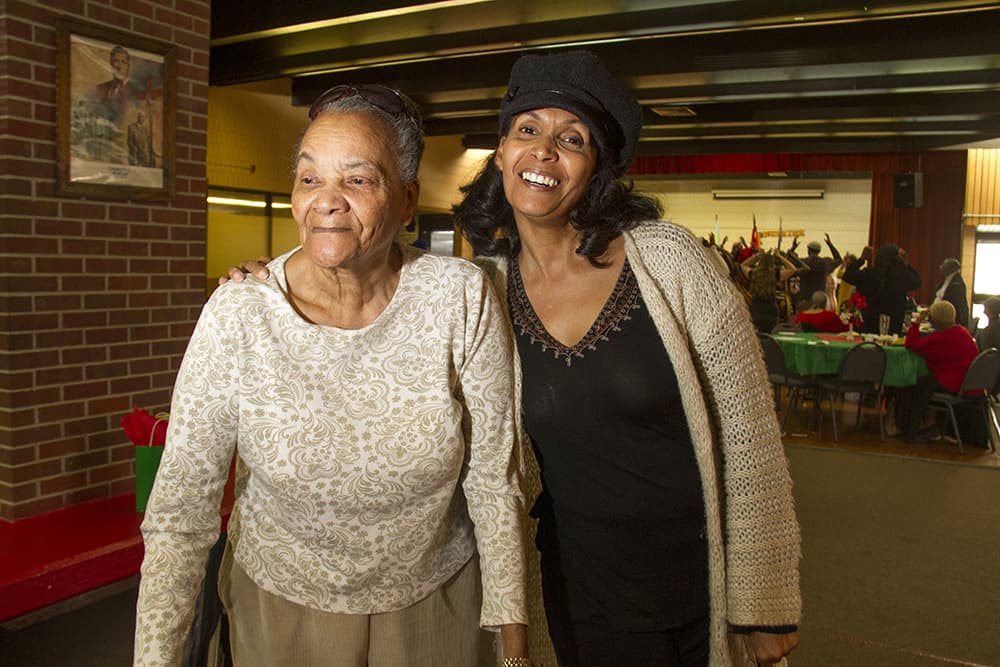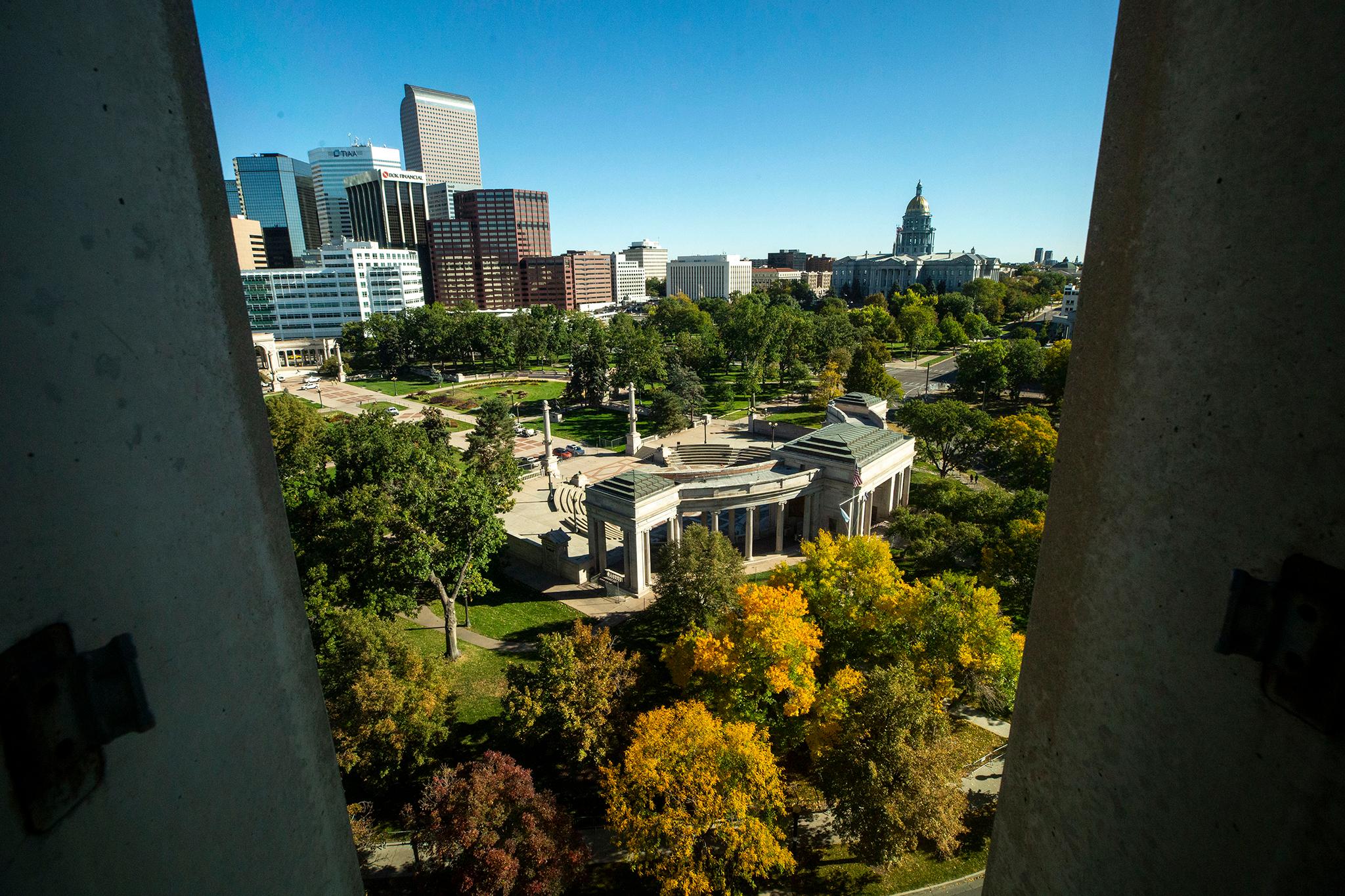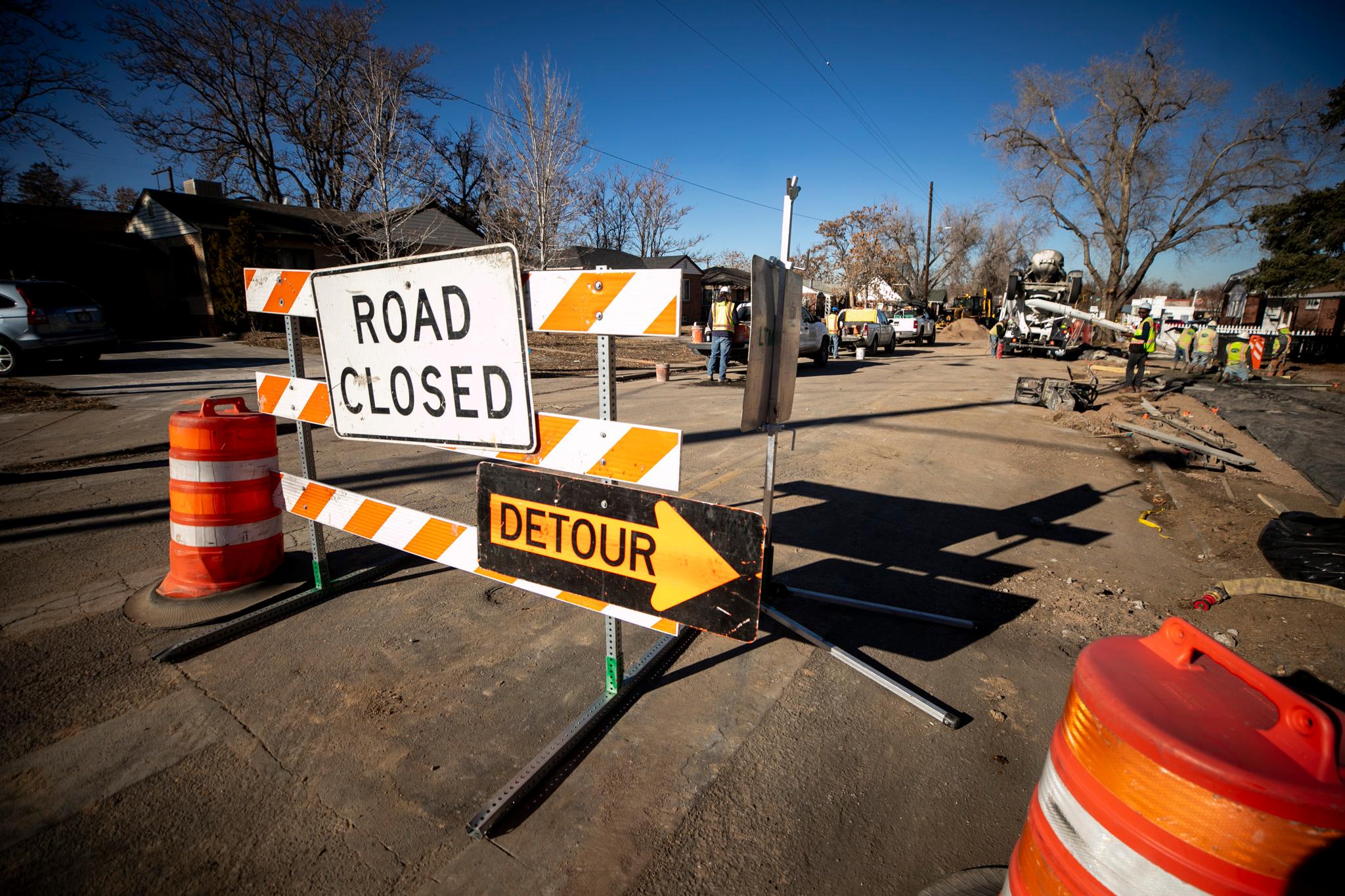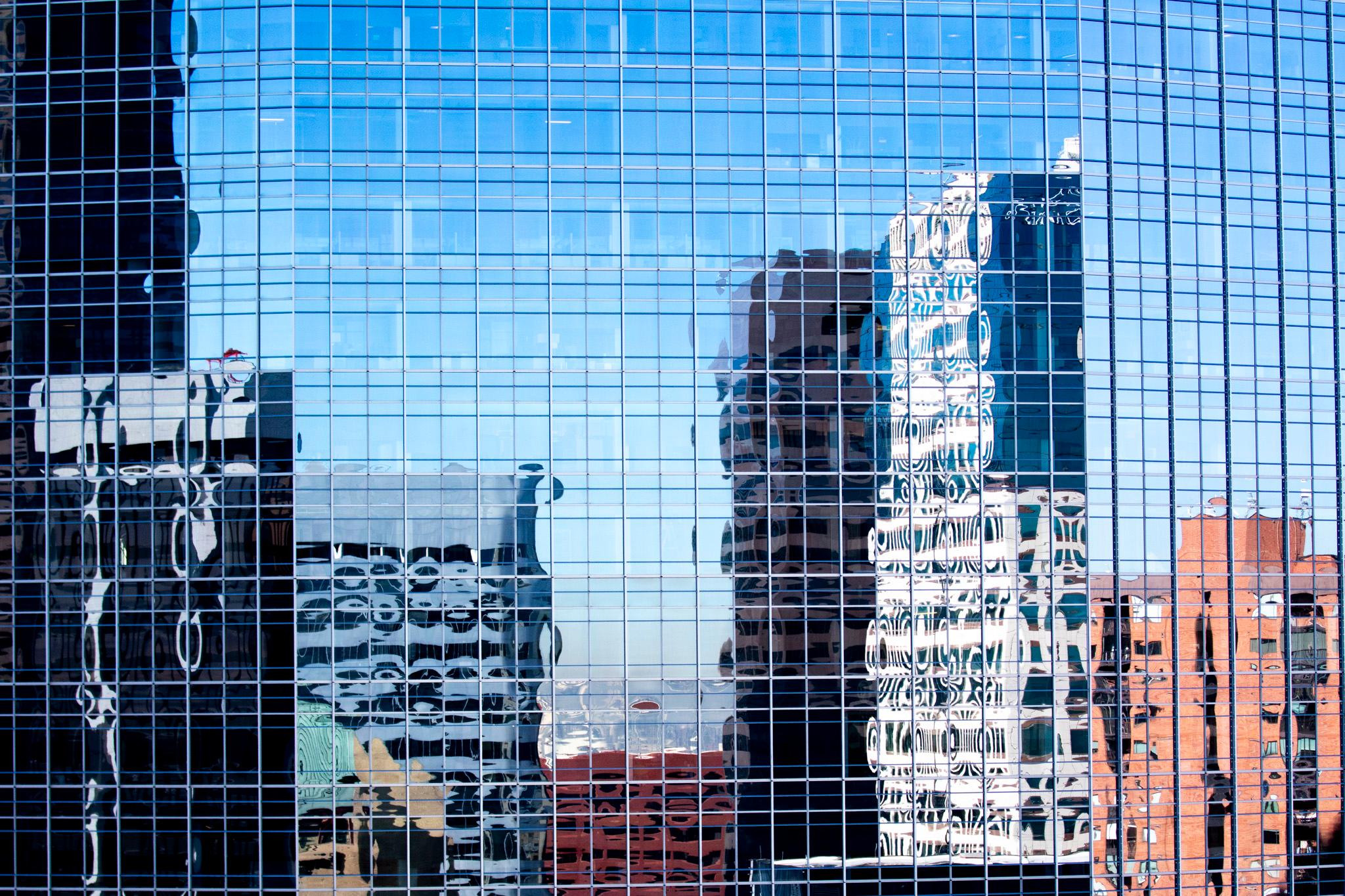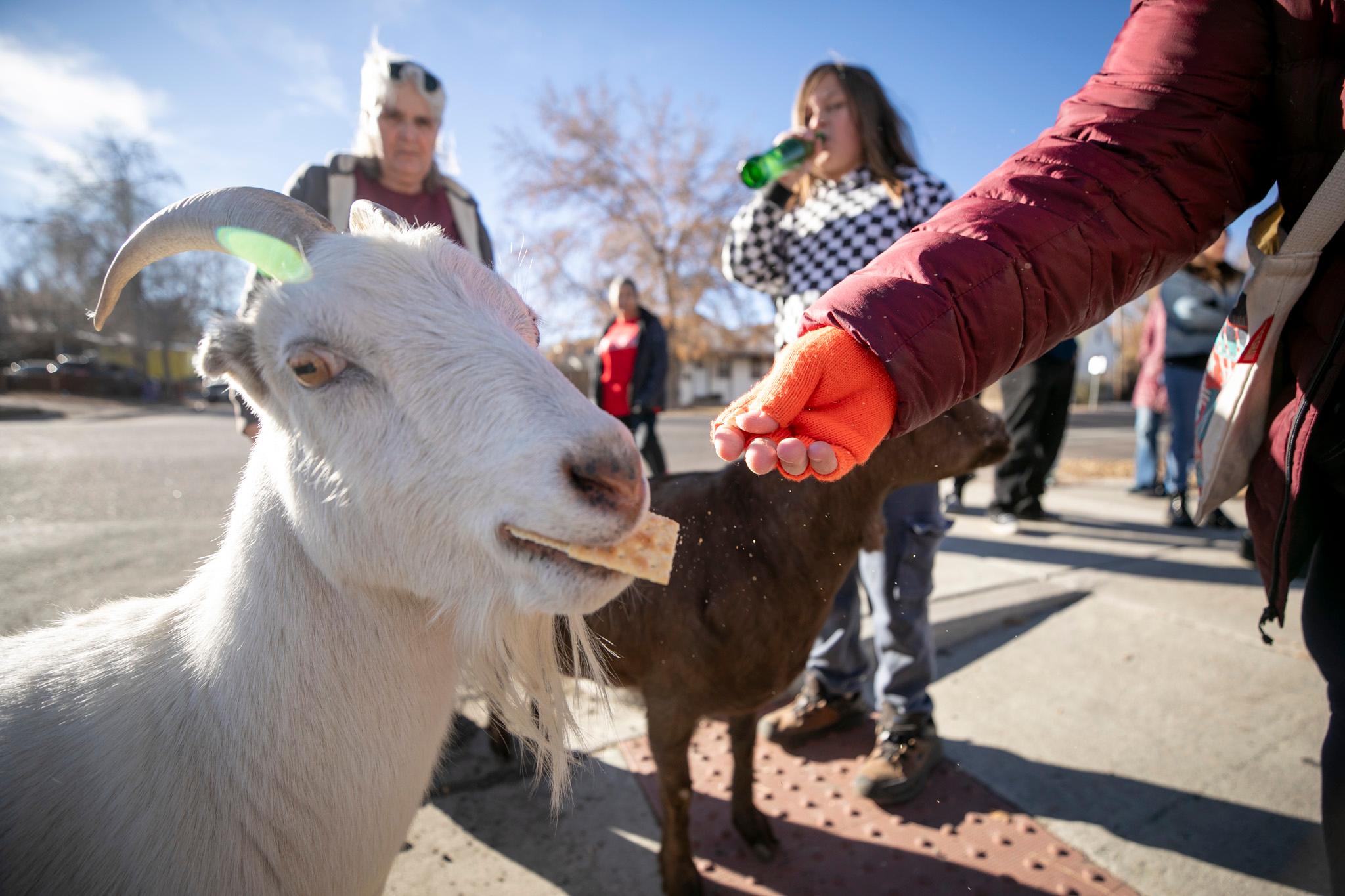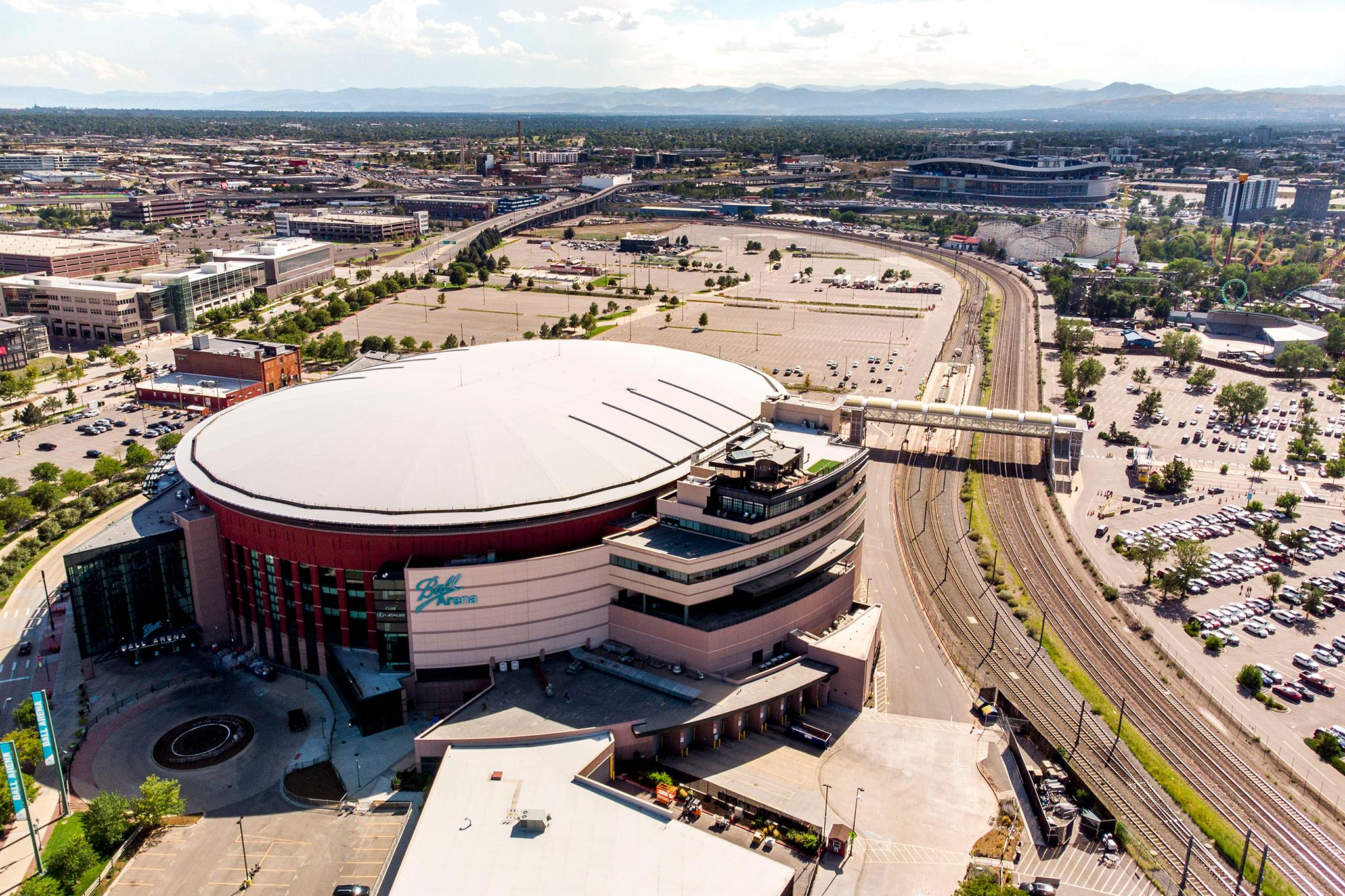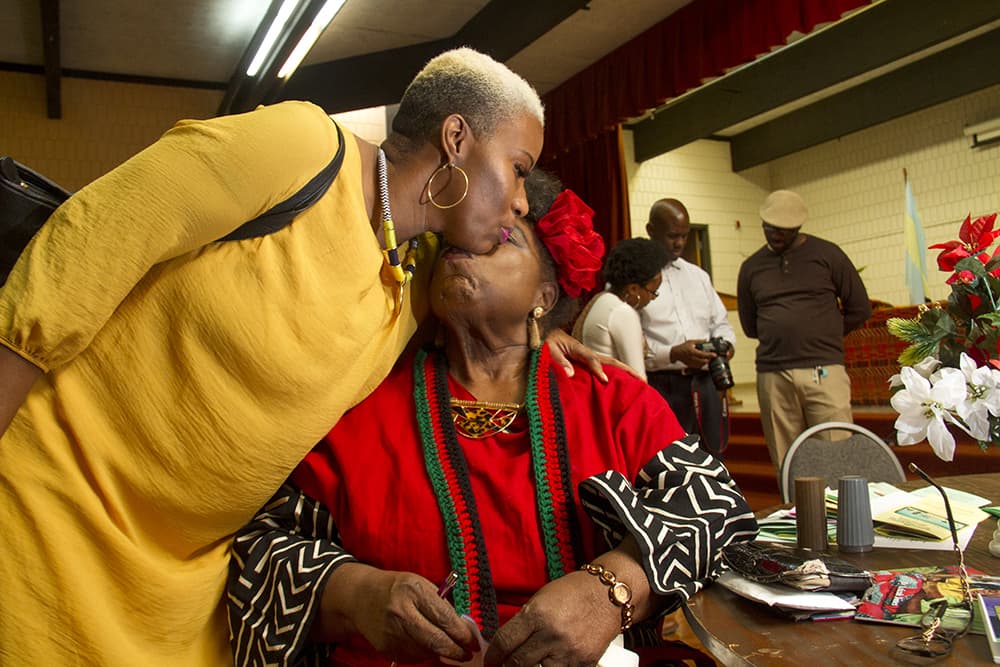
Kwanzaa first appeared in California in 1966 in the wake of the L.A. riots, founded by Dr. Maulana Karenga, chair of Africana Studies at California State University - Long Beach. Observance began as small celebrations inside people's homes, and it wasn't until the 1980s that it became recognized as a national phenomenon.
We asked the attendees at Denver's annual Kwanzaa Elders Luncheon, held at Zion Senior Center in Northeast Park Hill to look back on 50 years of celebrations.
You should absolutely listen to this harmonized rendition of the Black National Anthem as you read, shot by Brother Jeff Fard.
What was Denver like in 1966?
"We had a lot of unrest. There were organizations starting, black student unions were starting, the Black Panthers were here, and people were trying to figure out a way in which we could bring out our concerns to the public."
- Ms. Dorothy King-Stockton, member of the Kwanzaa Committee of Denver's Circle of Wisdom
"I remember first of all coming to a state that I thought was totally integrated and accepting of people of color. And I discovered that discrimination was stronger here than it was in the South. Down South they were very open with their discrimination. Here it was very subtle."
- Dr. Claudette Sweet, program committee chair for the Kwanzaa Committee of Denver, who grew up in Texas
"If you look at Denver in 1966, if you look at the country in 1966, you’ll start seeing these common themes and these common stories. You’re gonna see that you were dealing with tension, you were dealing with a period of assassinations. ...You’re coming out of the civil rights struggle. You think about Brown vs. Board of Education you’re going back to ‘55, well ‘66 is not too far from there."
- Brother Jeff Fard, founder of 5 POINTS NEWS, among many other things
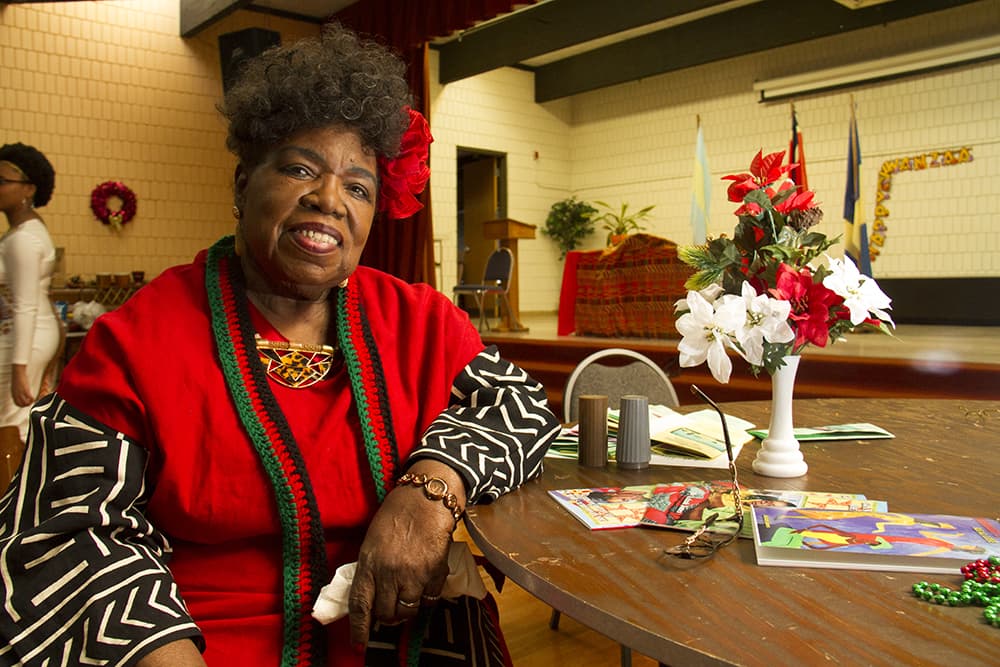
What was your first encounter with Kwanzaa in Denver?
"My first Kwanzaa in Denver was in '68. It was actually enlightening, and it was held in this very room, my first experience. It wasn’t an epiphany. It sort of affirmed what I already felt. But by being a part of it, I began to embrace it more. I said, 'We need to get the word out.'"
- Dr. Claudette Sweet, program committee chair for the Kwanzaa Committee of Denver
"It was very moving. We had it in a home. ...We talked about how we trusted one another and stayed close to one another. It was a very heartfelt responsibility, and people were glad to have a chance to focus in on that, the Seven Principles."
- Ms. Dorothy King-Stockton, member of the Kwanzaa Committee of Denver's Circle of Wisdom
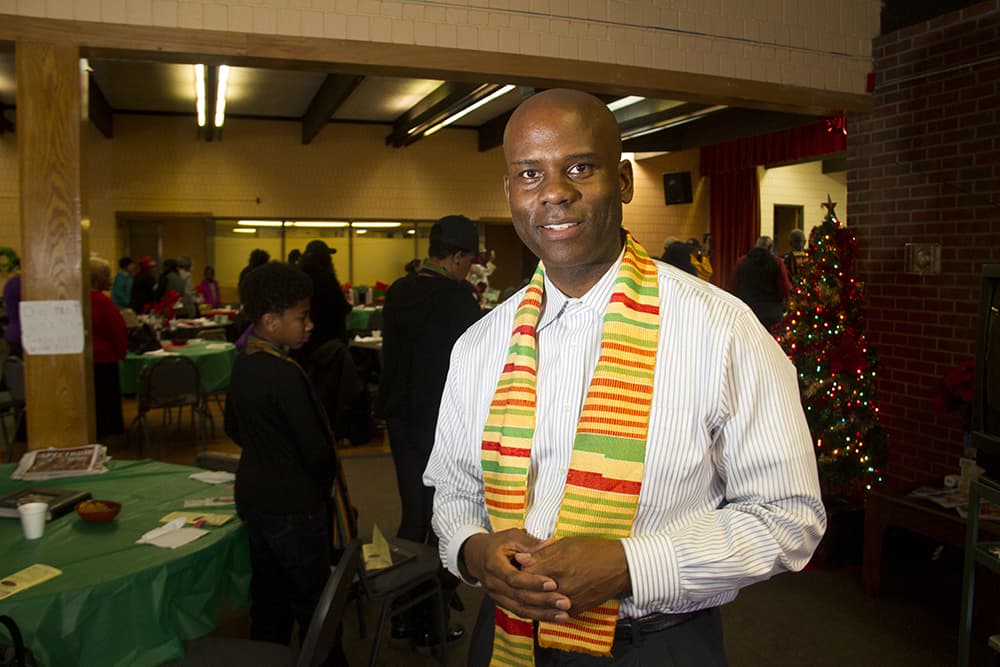
Looking back, how have you seen Kwanzaa develop over 50 years?
"The initial Kwanzaa celebrations were rooted in a lot of misunderstanding. Some people thought it was a black Christmas, some people thought it was just another time to get together, have a party, drink and have fun. Over time people began to understand the principles and the reasoning behind Kwanzaa. ...I see people coming together more closely across generations and across ideologies. ...I also see more and more people embracing the tradition."
- Brother Jeff Fard founder, 5 POINTS NEWS
"I don’t think we realized back in those days that this would become a national thing. It was just us. A lot of people thought it was anti-Christian because it happens right after Christmas, and a lot of people thought it was just more of that 'black power stuff.' ...Folks who probably would not have been accepting back in the early 70s now see it as essential, and that’s great."
- Halisi Vinson, Colorado Black Women for Political Action president
"I have seen slowly more people adopting it. It has not caught on the way I’d like to see it. Here it is 2016, when you listen to the different major news stations, you don’t hear them celebrating. ...I realize that we had a powerful celebrity pass away and the news has been bombarded with her death, and you don’t hear anything about Kwanzaa. I felt that was a little unfair."
- Dr. Claudette Sweet, program committee chair for the Kwanzaa Committee of Denver
"When you look at what we are doing here in Denver, I’m gonna say that Denver is very progressive in comparison even to our larger cities ... in terms of how we celebrate and our inclusiveness."
- Deborah Sims, whose mother, Shirley Sims, founded Denver's first public Kwanzaa celebration
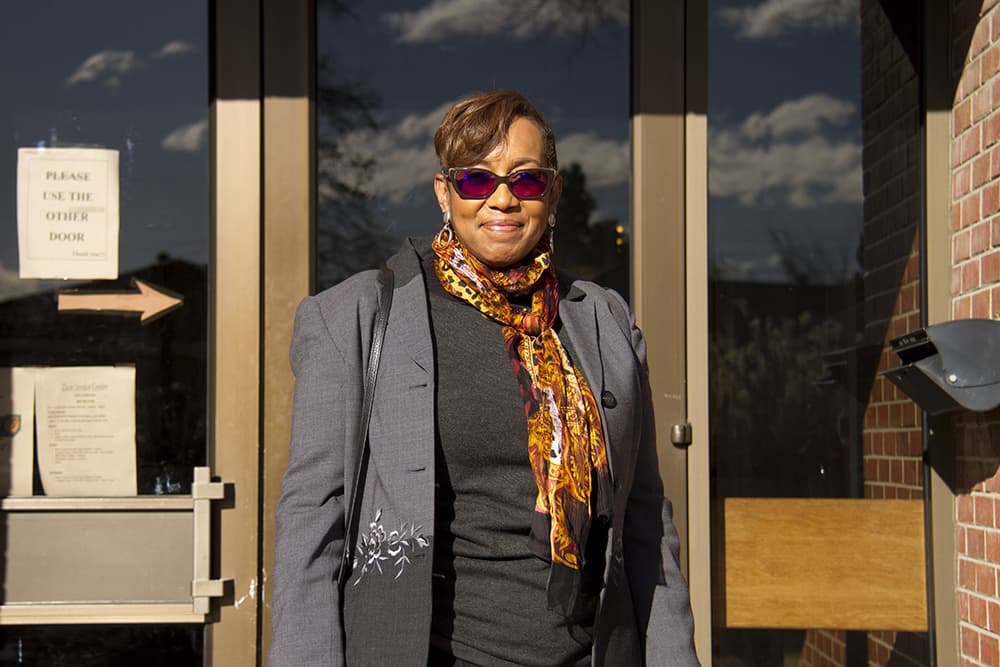
Do you think Kwanzaa is more or less relevant today?
"The children need to know their history, they need to know where they came from, what the values of their parents are. Because children today they’re all down into the technology. They don’t have time to talk. They don’t have time to listen."
- Mary Robinson, attendee
"I would say it’s more relevant. ...We’re worse off now in so many ways and so many measures than we were in the 60s. I kind of blame my generation and the folks right above us for getting lax. Unfortunately, as long as human greed exists, you have to stay diligent."
- Halisi Vinson, Colorado Black Women for Political Action president
"It’s more, because in the beginning there was only one cause. Now there are many, many causes. For example, we need to be able to come together on the new election. ... Right now there are so many people who disagree with the incoming president. And in order for us to stay as one people, not just one Kwanzaa, but for the entire country to come together, it makes it more relevant now, the ingathering of the people."
- Thedora Jackson, Kwanzaa Committee of Denver executive director
"Discrimination is so strong today. It’s worse now I think than it was in the 60s. I think people are coming out of the woodwork who did not before. ...I feel really bad our children have to be exposed to that."
- Dr. Claudette Sweet, program committee chair for the Kwanzaa Committee of Denver
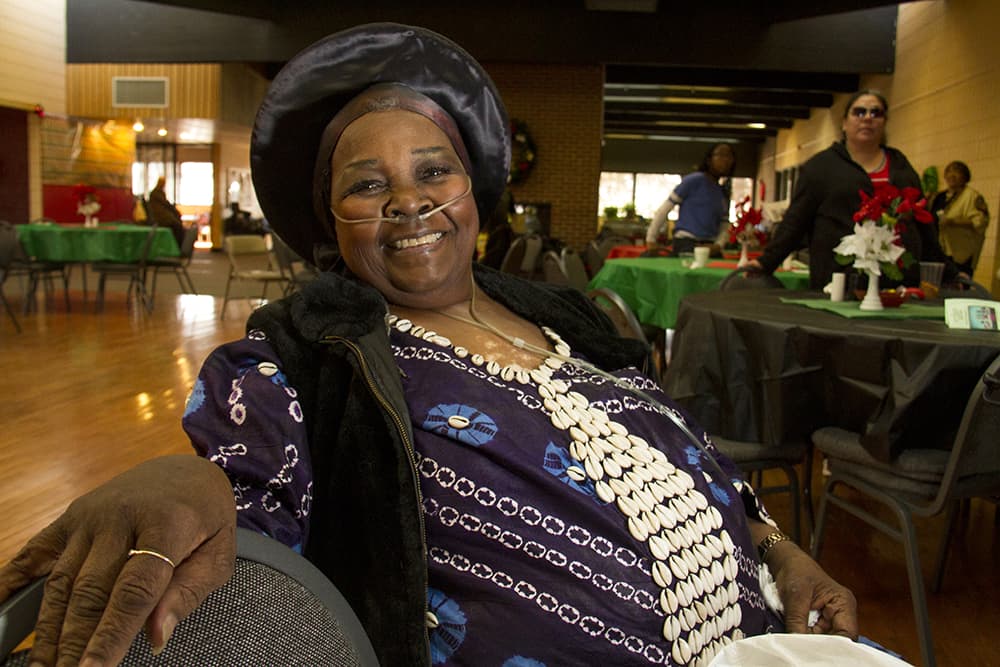
What does Kwanzaa mean to you, personally?
"To me it’s progress. To help black people to move on up, move up the ladder, to move up to different areas in the community."
- Shirley Sims, member of the Sisters of the Sun who founded Denver's first public Kwanzaa celebration
"Kwanzaa is hope. It’s hope for the idea of actually re-establishing our culture based on African principles."
- Halisi Vinson, Colorado Black Women for Political Action president
"Kwanzaa is an opportunity to bring together the best elements of our community. ...It’s an opportunity for us to learn and share with one another and build community. Kwanzaa is community."
- Brother Jeff Fard founder, 5 POINTS NEWS
"Kwanzaa means bringing the community together and being one. ...We try to be one, try to have an in-gathering of all the people in the community. It’s not necessarily what color you are -- it’s where your heart is."
- Thedora Jackson, Kwanzaa Committee of Denver executive director
